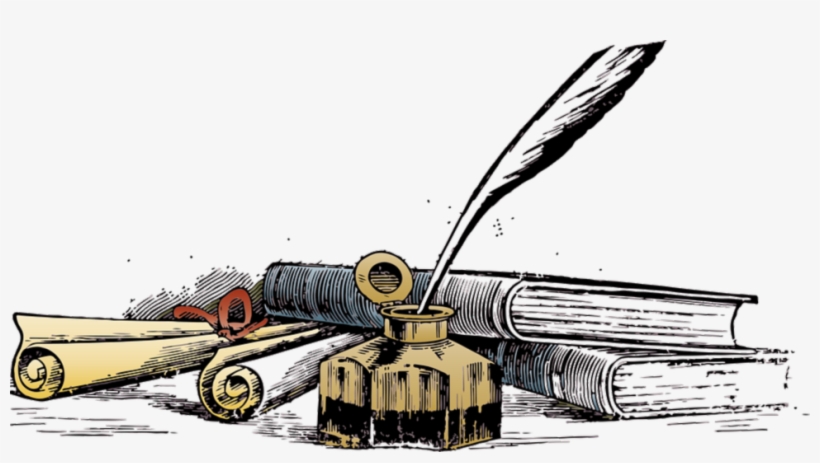In virtually any society that I know of it is normal to come back and say thank you to people who have done you one favour or the other. To forget that simple courtesy is not normal. If somebody helps your child to gain admission to a school you go back to say thank you, perhaps with a bottle of wine or a gallon of palm wine. If somebody gives up his seat for you in a public place perhaps because you are older it is normal to say `thank you’. It is a mark of civilisation, politeness. If somebody helps you to get that lucrative contract you are required to say a resounding `thank you.’ I was once embarrassed by a friend, a staff of Mobil Oil, to whom I, a chief executive of an international organisation sent a simple Christmas hamper. You may remember that these baskets are usually stuffed with paper cuttings, topped with a bottle of wine and biscuits, milk, perhaps butter, cooking oil, corn flakes and such everyday things. The hamper came back with a polite note. `Sorry, my company does not encourage staff receiving hampers. All the same, thank you for the thought.’
But that simple expression `thank you’, has been elevated to something else in our society. There does not seem to be much room for altruism in these hard and difficult times. `Thank you’ has been for years a means of accumulation of stupendous wealth. I recollect the period when my company could not obtain jobs from government and some private companies for the simple reason that we had developed a reputation of never coming back to say a proper `thank you’ for business patronage. Indeed, I remember one occasion when I went to an executive for who’s company we had done a job to say a profound `thank you’ and was shocked when he retorted, `Na thank you ah go chop’?
`Thank you’ is why people can do anything to be appointed Ministers, Board Chairmen, even Board members, chief executives of private companies, senators, members of Houses of Assembly, local government councillors and so on. There is a story going round of a fellow who paid two hundred and fifty million naira to a party executive to help him secure the right to vie for the senate and did not get nominated. Another person, having spent his life savings to try and get nominated to vie for election to the Federal House, was summoned by his Traditional Ruler and asked to cough out fifty million naira or forget it. He could not find fifty million naira. These and many other similar examples abound in this society, people roaming round the place with grudges against those who duped them. They had failed in their quest to get elevated to a position where `thank you’ would regularly be flowing into their bank accounts.
Is it surprising that so many ex-this ex-that, whether from government or from private organisations are roaming about claiming never to have asked for or received a bribe from anybody? They did not have to ask. If they were in position to award contracts they would have made sure that those who got the contracts were those whom they were sure to be the type to come back with a `hearty thank you’ after each contract award, sometimes upfront! That `thank you’ could be in the form of naira or dollars in `Ghana-must-go’ bags, or deposit in foreign accounts. It could be in the form of gleaming state-of-the-art cars. Or how else do you think that in some compounds of these officials there may be up to forty exotic cars parked! He could also simply be sent a bunch of keys to a magnificent edifice in Asokoro or Banana Island.
Our society has changed a lot over the past few years. It seems everything has now to be monetised, even a simple `thank you’. But `thank you’, coming to think of it, is not a new thing. It is virtually part of our culture. A lot of properties in high brow areas are owned by the high and the mighty. They could not have built all those houses themselves. Many of them must have resulted from `thank you’ from grateful individuals who are not complaining themselves!
